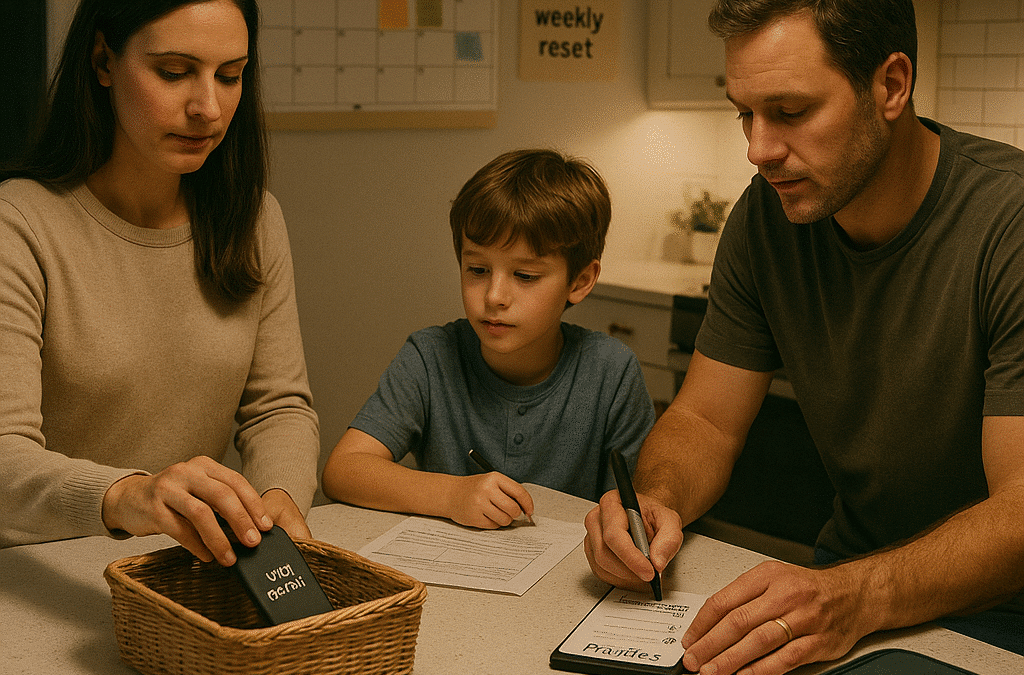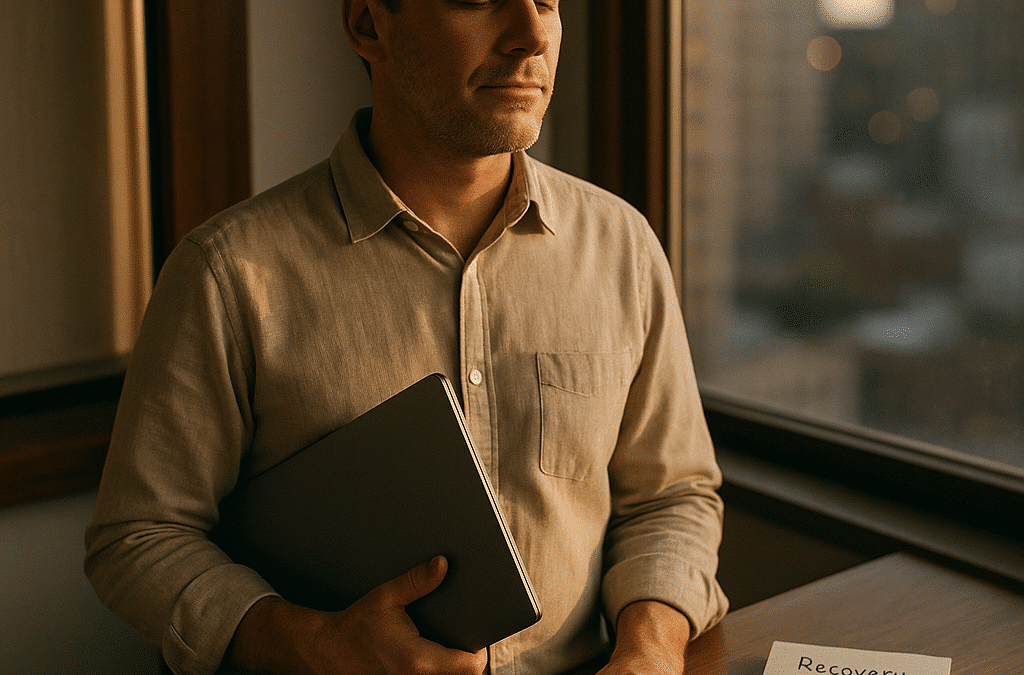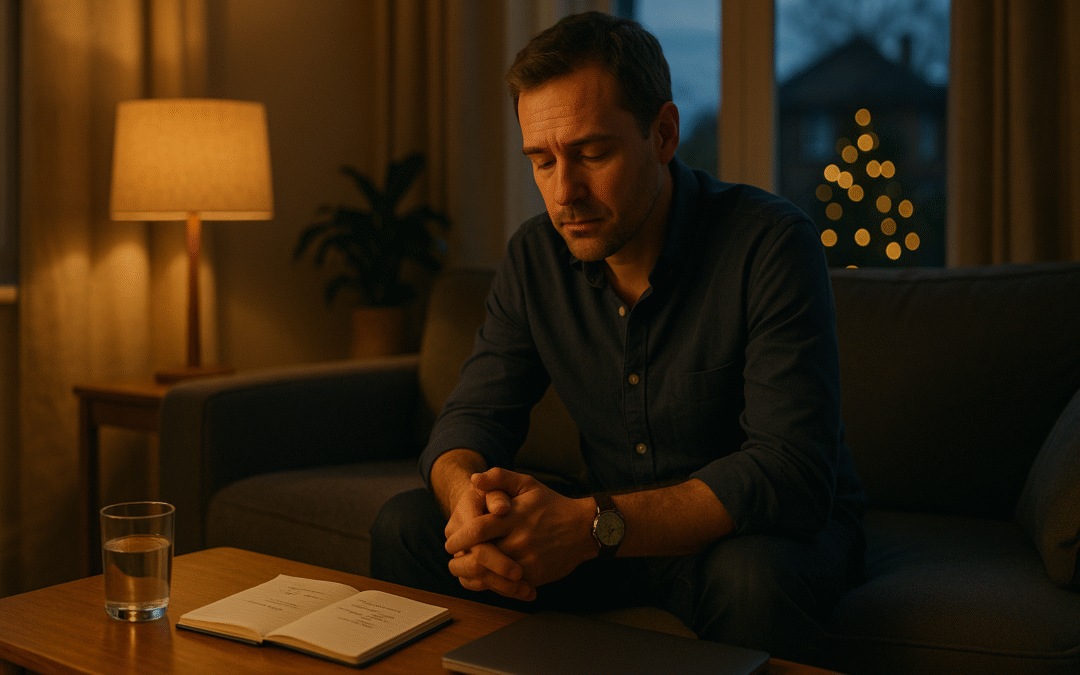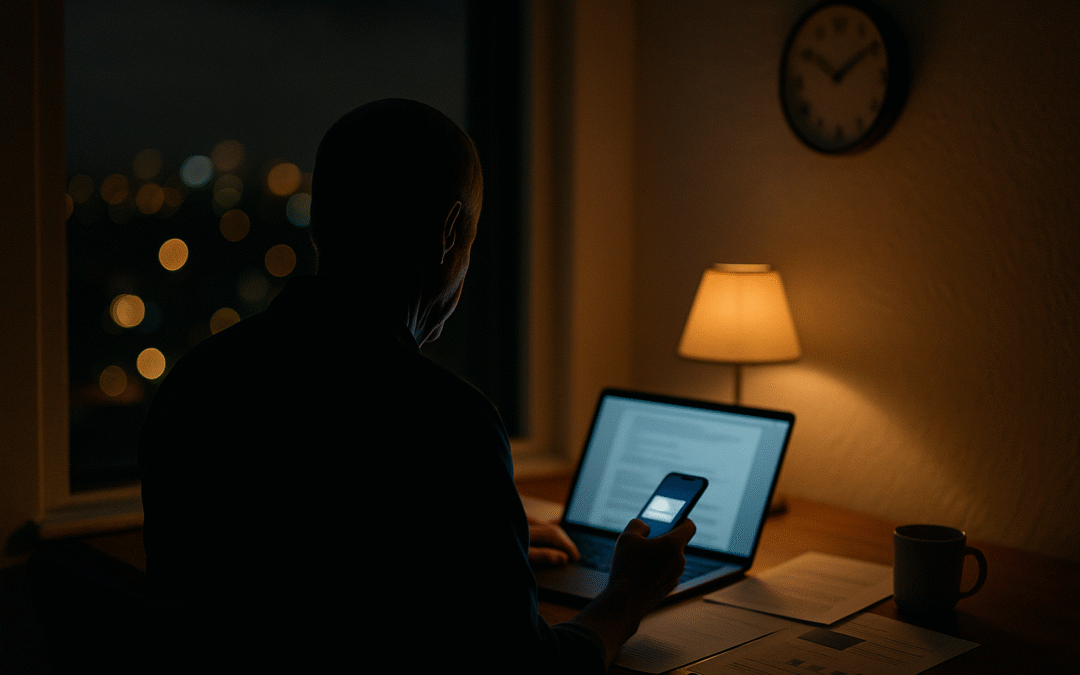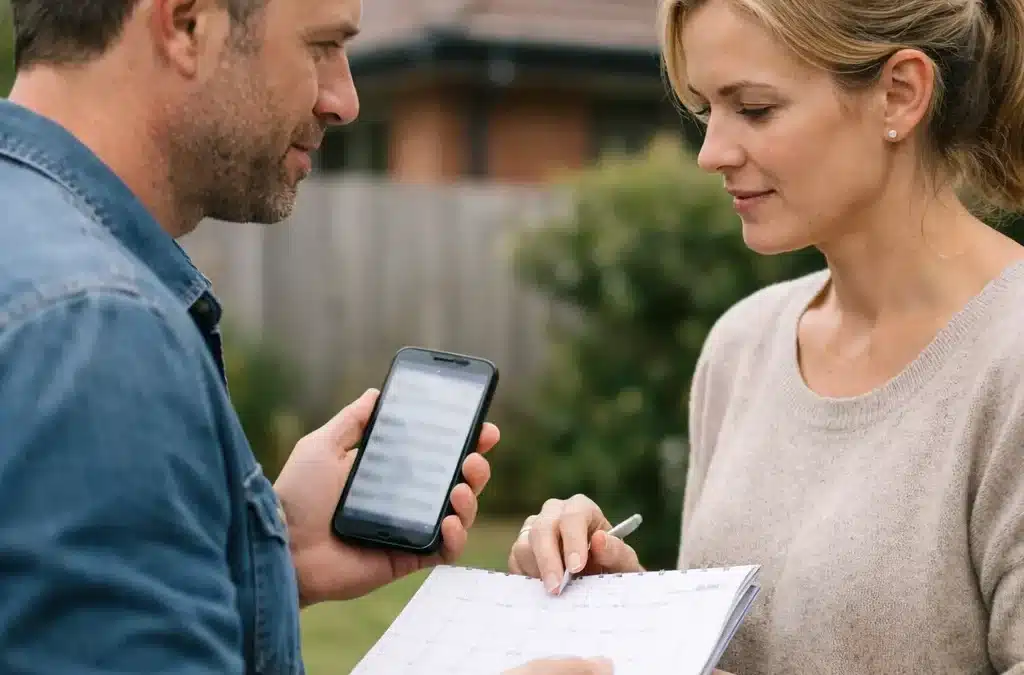With the prevalence of social media, online bullying and trolling has unfortunately become more present than ever. Kids can no longer escape the school yard bullies in the sanctuary of their own homes, with the online world making it easier and more accessible for vulnerable kids to be targeted. For this reason, it is important that we give kids the skills to manage social situations. These skills include listening to others, communicating their needs without whining, deciding when to put up and shut up, asserting discomfort in a situation (if it occurs) and waiting their turn in a game. They initially learn through engaging with their parents and siblings and extended family, then through family friends. They then take what they have learned to childcare, preschool, then school and gradually into other social situations. All along the way, it is important that we model appropriate social behaviour, show them when they are not behaving properly (either victimising or being victims, not sharing or tantruming) in social situations.
Just like adults, kids are going to encounter other kids they don’t particularly get along with – and may potentially have issues with. It’s important we teach children skills that they can use to handle and manage difficult situations. We also have to help them build resilience, instead of solving their problems for them. We want them to cope in a world when they won’t always get their way. Listed below are five key tips on building resilience in kids:
- Pay attention to them – as parents we must really listen to what our children say to us, when they come to us for advice or just to be an ear and lend support. They are then more likely to really listen to others as well.
- Give them real feedback – rather than telling them ‘things will be okay’, it’s important to be honest and tell them when things are not okay or where they need to improve.
- Give them opportunities to have a disagreement with siblings or friends – while our instinct is always to protect our kids, it’s important that we don’t always step in and solve problems for them.
- Allow them to be upset – it’s important that kids know their feelings are valid – let them be hurt/upset and then assist them to develop strategies to manage and rectify the situation.
- Be a good role model – kids need to see parents showing emotion too and having bad days, that way kids can see parents confronting the hurt and sorting it out.
Why do kids bully?
There are two sides to every equation and it’s crucial that we understand bullying from the other side. So, why do kids bully? Parents are often faced with the question – ‘but why is he/she mean to me’, ‘what did I do’ etc. It’s important for kids to know that in many cases the child who is being targeted has done nothing wrong. The best thing I have ever taught kids is that “bullies must be pretty unhappy to want to make you unhappy. Perhaps you could help them connect with their real feelings”. Most kids don’t want to be bullies and would prefer to have real friendships – but they don’t always know how. Kids more likely to be bullies are those who feel neglected or unappreciated by others, or those with low self-esteem. Sometimes they then want others to feel worse than they do. In addition, kids who always get their own way at home, may expect everyone else to give way to their demands. Kids who have parents who bully them, don’t learn alternative ways to engage with others, and often repeat the pattern in social situations. Listed below are some practical tips for kids dealing with bullying across different circumstances.
Tips for dealing with bullying for primary school children
- Remind them they should seek help from an adult.
- Encourage them to play with other friends.
- Have non-bullying children over on play-dates
- Have the children play in front of the parent, rather than hidden away – parents must model assertive, non-bullying, but not victim behaviour either, when intervening.
For adolescents/high school aged
- Make yourself available so they can share their distress.
- Encourage a diversity of friends.
- Support your child in behaviours that are non-conforming, if that’s what they want.
- Ensure the child has good hygiene.
- Talk generally about social issues, difficulties you may have had “some people etc …” to give your child a sense of not being alone.
- If you are really worried your adolescent is being bullied, talk quietly to teacher/school counsellor/ child’s best friend. Enact safety measures.
How does being bullied affect a child’s mental health and well-being
Now that we’ve looked at bullying from the most significant perspectives, it’s important to understand the burden of bullying upon a child’s mental health and well-being. Children can exhibit a range of emotional responses. Some withdraw. Others (especially younger ones) regress. Anxiety may appear, but not necessarily related to social situations. Young children may not want to go to birthday parties; older ones may withdraw from group activities. Depression is not always identifiable as being anything other than adolescent behaviour, so it’s tough. If your adolescent becomes overly moody, withdrawn, unsociable, it may be worth checking in with their best friend confidentially for confirmation as to whether this is aimed just at the family. In older kids, self-harm and even suicide can be the outcome of bullying.
Parenting is not always easy and we don’t always feel the rewards immediately. It can be hard to watch our child struggle with difficult social interactions. Sometimes, our children don’t want us to interfere and we have to make judgement calls. The trick is to remind ourselves of our goal of building healthy, happy, effective, independent adults. Then we can put in the hard work of watching our children struggle and supporting them to make healthy decisions, rather than jumping in quickly. When we do that, they will not tolerate being bullied, and won’t bully anyone else. They will feel good in their own skin – and you’ll have been the best you can be as a parent. If you’re looking to speak to someone further, click the link to get in touch.












